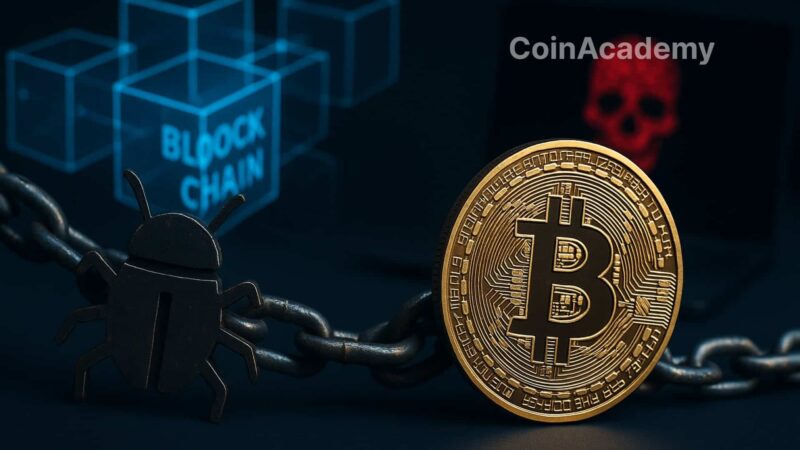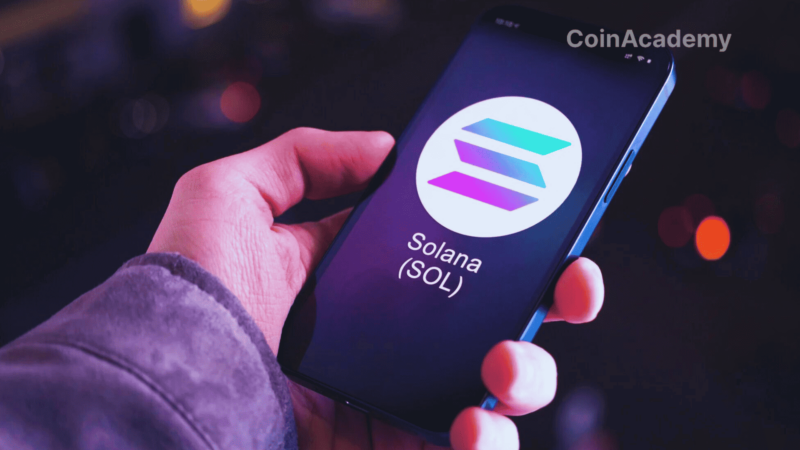The month of September is definitely proving to be an obstacle course for the US financial watchdog. Constantly searching for arguments to prevent the emergence of Bitcoin ETFs, the SEC must also convince the judge to grant it the right to appeal the decision made in its case against Ripple.
In July, a crucial decision for the future of the blockchain and cryptocurrency ecosystem took place in the United States. After years of debate, the court finally shared its interpretation of Ripple’s cryptocurrency XRP.
The court simply explained that XRP should not be classified as a security. This decision was received with great enthusiasm by the community but was quickly contested by the SEC.
At the beginning of September, Ripple stated that it opposes the SEC’s interlocutory appeal. To convince the court of the legitimacy of its opposition, Ripple presented two distinct arguments. Firstly, Ripple believes that the July ruling is not a decisive legal question. Secondly, the company’s legal teams argue that the “supposed substantial reason for disagreement is simply the SEC’s dissatisfaction with the decision”. Ripple has also stated that if the SEC is granted the right to appeal, it will make a “cross-appeal” regarding institutional XRP sales.
The SEC, not impressed by Ripple’s recent statement, strongly contested their arguments. The SEC reminds that Ripple is not the only case where unauthorized securities sales are a crucial issue and that this court decision should not allow “ignoring the reasoning and interpretation of the Howey test by other courts.” The SEC also defends its interest in a final resolution of the dispute being as efficient as possible. Finally, the SEC explains that “Ripple’s interest is to delay a definitive resolution” in order to continue to freely sell XRP on public markets without the accompanying disclosures required for the sale of securities.
Therefore, the decision made in July should be seen as an initial victory in a war that is likely to continue for several months or even years.




